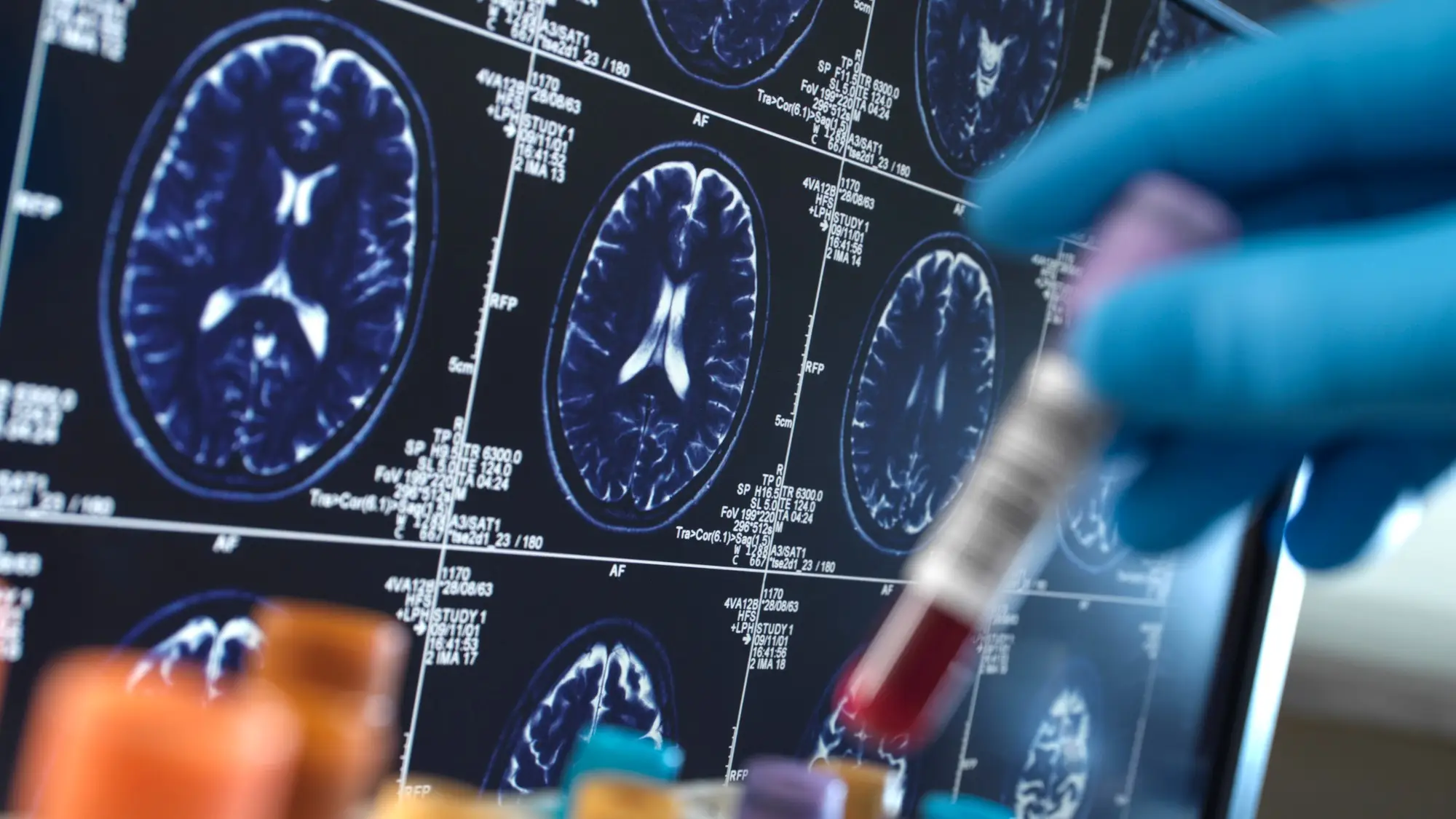Scientists have made a major breakthrough in reversing the symptoms of a brain disorder which is linked to autism and epilepsy.
The Allen Institute in Seattle, Washington has successfully carried out the first gene therapy to reverse symptoms of SYNGAP1-related disorders (SRDs) in mice.
It comes as Robert F. Kennedy Jr has once again sparked controversy, this time by linking autism to *checks notes*... circumcision? Ah, yes...
Back in April, the US Health and Human Services Secretary vowed to have identified the 'cause' of autism by September.
Safe to say that's not exactly worked out and he's instead pulling out a variety of theories.
This includes outrageously linking autism to pregnant moms taking Tylenol - and now, children being circumcised.
It's believed RFK Jr was citing two studies which suggested circumcised children have double the rate of autism - a 2013 study across eight counties and a 2015 Danish study.
Robert F. Kennedy Jr's autism theories have caused controversy (Kevin Dietsch/Getty Images) But these have been widely discredited, with autism researcher and Boston University professor Helen Tager-Flusberg slamming them as 'appalling'.
Mayo Clinic defines autism spectrum disorder as 'a condition related to brain development that affects how people see others and socialize with them'.
It goes on to explain how autism has 'no single known cause' as the condition is so complex, while its symptoms and severity vary.
Both genetics and environment are thought to play a role, however.
Meanwhile, scientists have carried out a first-of-its-kind gene therapy targeting SRDs.
These are rare brain disorders, where a person has only one working copy of the SYNGAP1 gene. It can contribute to conditions like autism, epilepsy, motor issues, and risk-taking behavior.
Researchers used an adeno-associated virus to deliver a working copy of the SYNGAP1 gene into brain cells, in a method known as gene supplementation, which replaces or adds back a missing gene.
Children tend to be diagnosed at the equivalent age of the mice used in the experiment (MariaDubova/Getty Images) The treatment almost eliminated epileptic brain activity in mice. It also 'corrected' hyperactive and risk-taking behaviors.
Even more amazingly, scientists found the gene therapy resorted normal brain wave patterns, key to improving learning and memory.
The therapy was given to juvenile mice, roughly equivalent to the age when children are usually diagnosed.
Currently, treatments for SRDs only manage symptoms, not the cause. This new approach targets the root genetic defect, offering real hope for future human therapies.
More research and clinical trials are needed before the therapy can be trialed in humans, but there's no doubt the discovery is a major breakthrough.

 Ellie Kemp
Ellie Kemp
